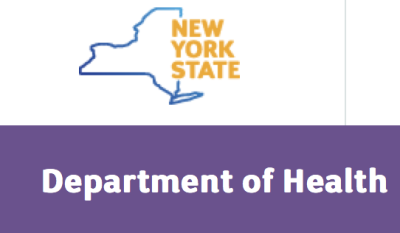
We are pleased to present Alan Gurwitt, M.D, who is an ME/CFS patient, advocate and physician, in the latest “People in ME/CFS Research” spotlight. Dr. Gurwitt has a background working as an adult and child psychiatrist, and has been suffering from a mild case of ME/CFS for over 30 years. He also previously served as the President of the Massachusetts CFIDS Association, and has participated in countless advocacy initiatives over the years as a member of the organization. Dr. Gurwitt had visited Derya and me at Jackson Labs several months ago with a group of patients and advocates from Mass CFIDS. Keep reading for the full interview!
Continue reading “Patient Advocate Spotlight: Alan Gurwitt, M.D.”



